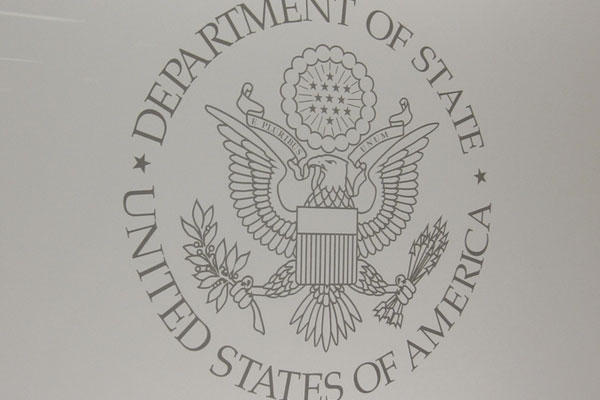Wednesday, the House Foreign Affairs Committee (HFAC) held the first in a series of three important Benghazi hearings. This week the focus is the actions—or lack thereof—of the U.S. government as we pass the first anniversary of the terrorist attack on the U.S. diplomatic facility in Benghazi. “Benghazi: Where Is the State Department Accountability?” was the title of the hearing. Where indeed.
The hearing will be followed Thursday by the House Oversight and Government Reform Committee hearing with Benghazi Accountability Review Board (ARB) co-chairs Ambassador Thomas R. Pickering and Admiral Michael G. Mullen, USN (Ret.), focusing on the review board’s investigation—and also Thursday by the House Armed Services Committee on lessons from Benghazi and the preparedness of the Defense Department today to repel similar attacks.
HFAC chairman Ed Royce (R–CA) emphasized that although over a year passed since the Benghazi attack, not one State Department official has been held accountable. The witness before the members was Patrick F. Kennedy, current Under Secretary for Management at the State Department, and heated questioning revealed several specific and continuing concerns among the members of the committee:
- The potential failings of the ARB due to the handpicked selection of its members who had direct connections with State Department interests. Specifically, neither current Secretary of State John Kerry nor former Secretary of State Hillary Clinton was ever interviewed.
- The lack of State Department accountability, specifically concerning the lack of personal responsibility and meaningful repercussions taken for the failed response to the attack.
- The failure of FBI and other federal law enforcement divisions to track down those responsible for the attacks.
It was the second that caused Kennedy the most heated scrutiny. Repeatedly, many members noted that the four State Department employees who were identified in the ARB report as having “serious failings in leadership” received no significant penalty for their actions.
Repeatedly, the hearing became a battle for the definition of accountability. Kennedy insisted that those who lost senior leadership positions in the State Department following Benghazi were considered “held accountable,” even though he also admitted that no pay or benefits were ever suspended for any of the four individuals. In fact, under pressure from Representative Mark Meadows (R–NC), Kennedy admitted that nothing had changed for the four responsible except for their official titles.
Only Congress has the ability to keep digging to get the facts about Benghazi out in the open, as the Obama Administration and the mainstream media have decided to treat it as a non-story, a phony scandal. Kudos to the House Members who persist in doing their difficult but important jobs.
The author wishes to thank Heritage Foundation intern Micah McKinnis for his aid in preparing this blog.


























